photo by Chris Shields
A few flights above the boutiques and cafes of Troy’s bustling River Street, where city workers patch holes in the street and painters hustle their equipment in and out of office buildings, sit the offices of Ilium VR–a company that is working to change the face of virtual reality.
Just past a series of typical office desks, and a workbench covered with computer parts and wiring, is a white wall with four automatic weapons mounted two by two. Little orange tips at the end of the muzzles and dangling wires at their stocks serve as the only indication that these weapons aren’t likely to do much damage in the real world.
It’s when you finally cover your head in a VR headset and boot up the software that these weapons become deadly. You look down to see the gun in your hands and suddenly it hits you–you’re not in the real world anymore and yet you can still see your hands and the gun it is holding. Then the zombies come, lurching forward, probably looking for brains or something along those lines, so you do what you’re supposed to–you shoot them until you run out of ammo. Then your hands fumble for the clip on the physical gun, you crank back to chamber a bullet just in time to stop a zombie from gnawing on your leg.
Ilium’s founders Sebastian Sarbora, CEO, Jazmine Olinger, COO, and Robert Rouhani, CTO, all got their start at Rensselaer Polytechnic Institute and decided to keep their venture into virtual reality in the area, thanks to the school’s continuing support. “RPI helped us a ton,” Olinger told The Alt. “The Severino Center for Technological Entrepreneurship, particularly Jason Kuruzovich and Kelly Reardon-Sleicher who work there, gave us great support and mentorship while we were students and continue to support us after we’ve graduated. We very likely would never have founded this company without the entrepreneurship support that RPI provided.”
VR is a quickly evolving gaming phenomenon that is currently supported by a number of platforms including the HTC Vive, Oculus Rift, Samsung Gear VR and PlayStation VR. The technology involves a headset with a screen and tracking devices users hold in their hands. The experience is both physical and immersive. A number of small developers are designing software across the various platforms–the absence of major studios churning out major AAA games, as they currently do for various gaming platforms, leaves the smaller studios the ability to experiment.
Ilium is offering an alternative to the basic tracking devices–instead employing that technology in a gun shell that offers multiple interfaces, including the ability to load and chamber virtual ammo.
“It’s really exciting,” says Sarbora, “We’ve known where standard gaming has been headed for the past 10 years. It’s about making the processor better and making the games look better, but with VR you can really try new things.”
Ilium currently licenses the tracking technology they employ in their gun controller from Vive, but they imagine a future where their product will be available across multiple VR platforms.
They’ll be launching an Indiegogo campaign in December to crowdfund the redesign and production of a new VR gun controller that will look less like a plastic dime-store assault rifle and more like a piece of high-tech alien technology.
“A big portion of of the campaign will be about retooling the controller, to update the design to a sci-fi tech rifle. We really want to get people behind it and build momentum,” said Sarbora. The campaign will allow funders to give varying amounts in exchange for rewards like the new controller bundled with a VR game.
Rouhani notes that the team has been to hosts of VR conferences across the country, demoing their technology, and meeting possible partners. He said it’s always exciting to see someone try VR for the first time. “Sometimes you’ll take off the helmet and you’re in a part of the room you didn’t even expect to be in.”
Olinger, who began her time with Ilium working on tracking technology, is now involved in partnerships with game studios, legal issues, finances and marketing. She says the VR community is currently very open and welcoming.
“VR game studios are usually pretty small,” said Olinger, “Most big studios are not making VR games and most people we speak to at the smaller studios are very nice. Most people are nice even if they’re not interested but a lot of people who we have partnered with were actually interested in us initially.”

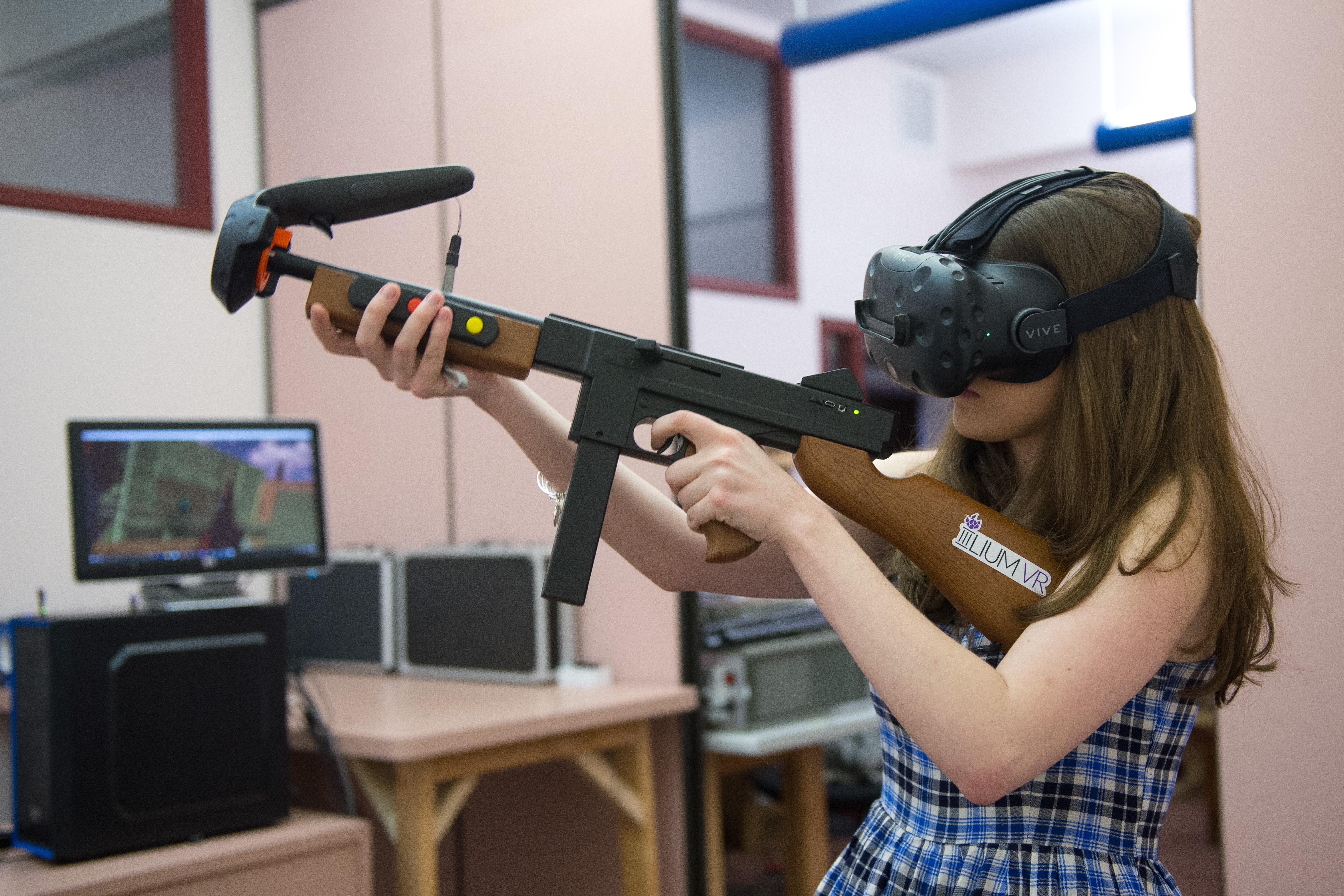
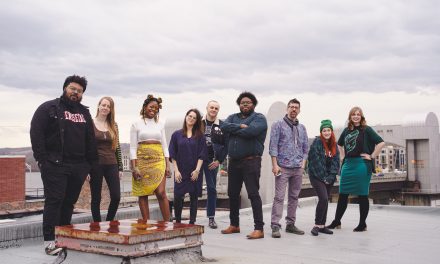
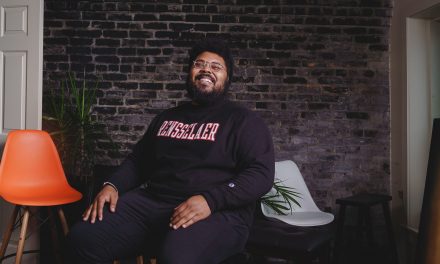
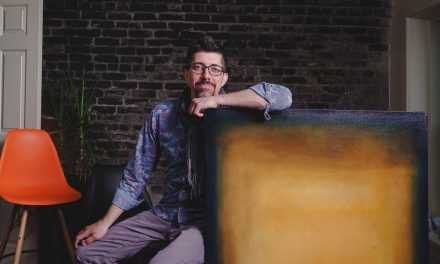
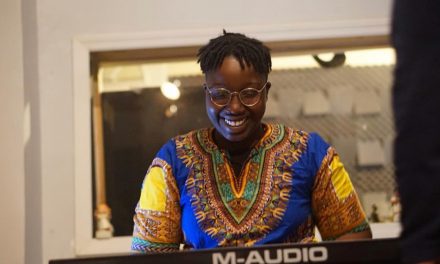
Trackbacks/Pingbacks